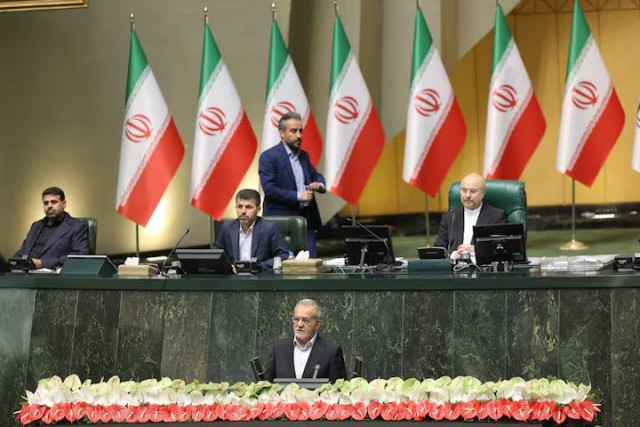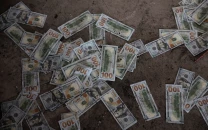Iran continues uranium enrichment as cooperation with IAEA remains stalled
Nuclear diplomacy on hold due to Iranian presidential election last month, upcoming US election in November

Iran’s production of highly enriched uranium continues and it has not improved cooperation with the UN nuclear watchdog despite a resolution demanding this at the agency’s last board meeting, watchdog reports seen by Reuters showed on Thursday.
Despite the resolution passed at the last quarterly meeting of the International Atomic Energy Agency’s 35-nation Board of Governors in June, nuclear diplomacy has largely been on hold with the election last month of Iranian President Masoud Pezeshkian and the US presidential election due in November.
“The (IAEA) Director General (Rafael Grossi) expresses the hope that his initial exchange with President Pezeshkian will be followed by an early visit to Iran and the establishment of a fluid, constructive dialogue that swiftly leads to concrete results,” said one of the two confidential, quarterly IAEA reports sent to member states on Thursday.
There has been no progress in the past quarter on several long-standing issues that have soured relations between the IAEA and Tehran, including Iran’s barring of IAEA inspectors specialised in enrichment and Iran’s failure to explain uranium traces at undeclared sites, the reports showed.
At the same time, the Islamic Republic has added cascades, or clusters, of centrifuges, machines that refine uranium, at its main enrichment sites in Natanz and Fordow.
It has installed eight more cascades of advanced IR-6 centrifuges at Fordow, a site dug into a mountain, bringing the total there to 10, although the new ones had not yet been brought online, meaning they are not yet enriching uranium hexafluoride (UF6) gas, one report showed.
Iran’s stock of uranium in UF6 form enriched to up to 60% purity, close to the roughly 90% of weapons grade, grew by an estimated 22.6 kg to 164.7 kg, one of the reports said.
According to an IAEA yardstick, that is 2 kg short of being enough, in theory, if enriched further, for four nuclear bombs. By the same measure Iran now has enough uranium enriched to up to 20% purity, if enriched further, for six bombs.



















COMMENTS
Comments are moderated and generally will be posted if they are on-topic and not abusive.
For more information, please see our Comments FAQ